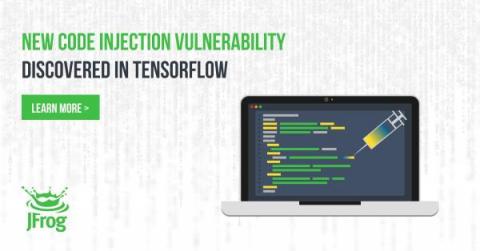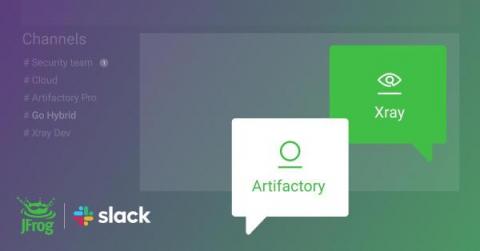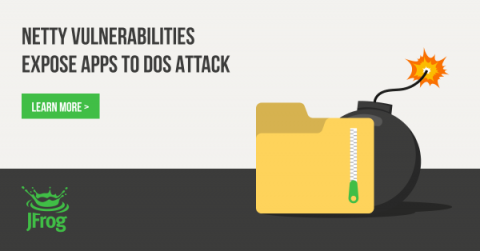TensorFlow Python Code Injection: More eval() Woes
JFrog security research team (formerly Vdoo) has recently disclosed a code injection issue in one of the utilities shipped with Tensorflow, a popular Machine Learning platform that’s widely used in the industry. The issue has been assigned to CVE-2021-41228. This disclosure is hot on the heels of our previous, similar disclosure in Yamale which you can read about in our previous blog post.











